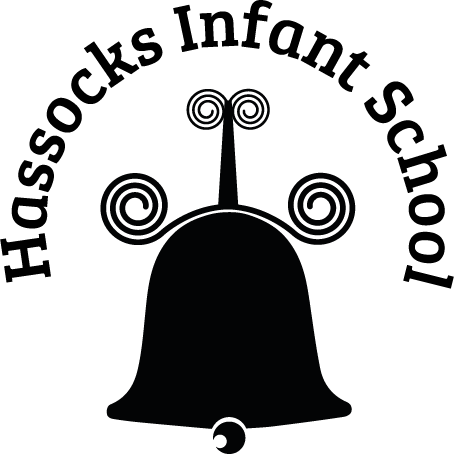Religious Education
Religious Education is a fantastic way to open up the world to children. It introduces them to different cultures, beliefs, and values, fostering respect and tolerance. It encourages critical thinking, empathy, and moral development whilst promoting a sense of community and an appreciation for diversity. Furthermore, our curriculum is designed to provide children with exposure to beliefs and cultures they might not encounter otherwise in our community, broadening their understanding of different ways of life other than their own.
Our Approach:
The importance of offering our children opportunities to learn about a range of religions is reflected in our curriculum choices. Every year-group, Reception, year 1 and year 2 will all learn about the following four religions:
- Christianity
- Buddhism
- Islam
- Hinduism
The curriculum is designed to look at key features within these religions, so children can draw comparisons. For example, exploring rituals, the importance of friendship, worship and charitable acts. At every stage, children will build upon prior learning, working towards developing an understanding of these key religions. Our curriculum aims to encourage children to recognise the inherent dignity and worth of every individual and their right to hold and practice their own beliefs.
Teaching Tools:
What makes Religious Education Interesting?
Children find out about different religions through films and clips about other children's lives, listening to stories and parables with moral messages, visiting places of worship and meeting people from other faiths. Through these experiences, alongside first-class quality teaching, our children explore the following key themes:
- Celebrations and key events
- Symbols and rituals
- Friendship and religions
Diversity:
Religious Education inherently welcomes diversity into the classroom. Our deliberate decision to include a variety of religions was aimed at expanding every child's comprehension of individuals beyond their own familiar experiences.
Supporting All Children:
Religious Education is important for all children; understanding and respecting a range of different beliefs and cultures from an early age supports respect and harmony.
By making the curriculum 'come alive' through real experiences, hearing from people of different faiths, visiting places of worship and taking part in a range of celebrations, we ensure that children have real opportunities to understand the role of our four chosen religions in peoples' lives. Some of the ways we adapt and cater for individual learning needs are set out for teachers in a guidance document created specifically for History. If you would like to know a little more about this, please click on our Making Religious Education Accessible link.
Assessment:
In Religious Education, teachers assess children's understanding through discussions, observations during activities, and book studies where children can reflect on their learning journey, documented in their books.
Written work by students may be used and adults routinely act as scribes to capture a child's opinion. This ensures a fair assessment of a child's understanding, rather than their writing ability.
Above and Beyond:
By learning about 4 key religions, in all year groups, we make the most of building upon prior knowledge. Alongside the curriculum, the children learn about a key religious event or festival for each religion - a first-hand experience offers children a way to see the interconnectedness of how people come together on such occasions. For example:
- Christmas - Christian faith
- Diwali - Hindu faith
- Eid - Muslim faith
- Vesak - Buddhist faith
